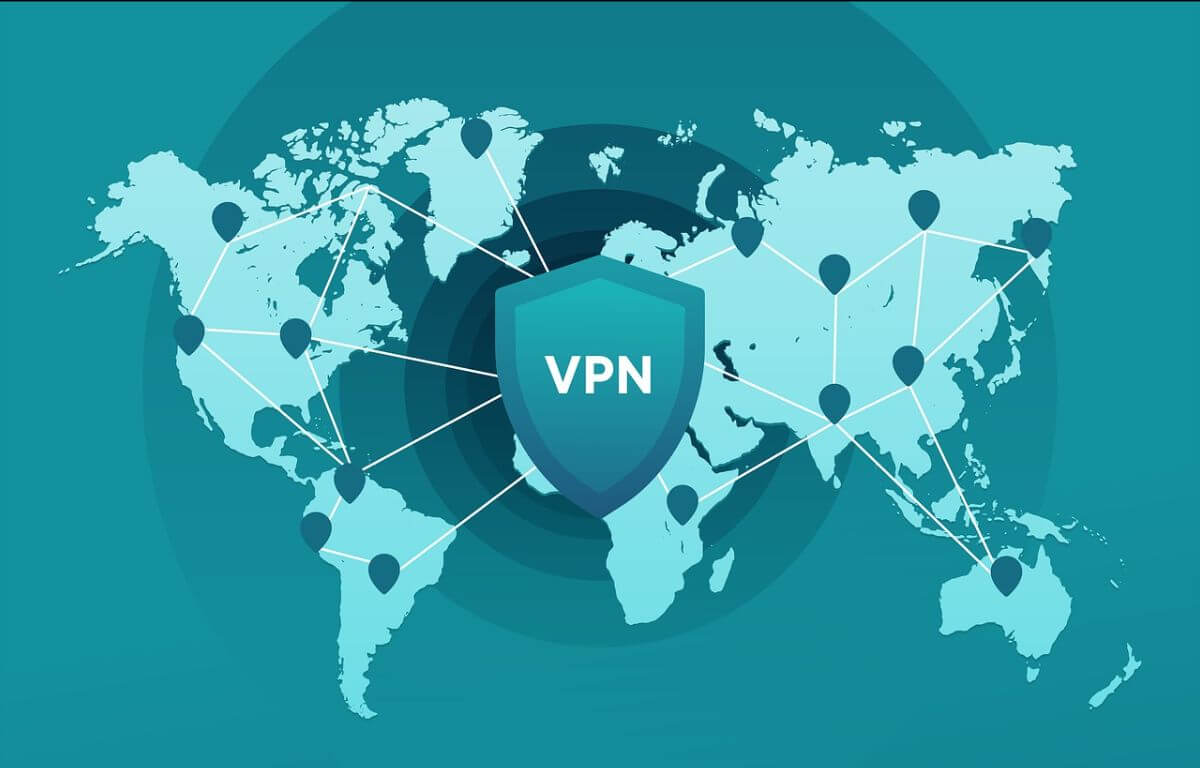Co-working: Why do you need a WiFi management software?
Most co-working operators source multiple internet (2-5 lines) and invest heavily in firewall, access points, switches, but avoid spending a small fraction of amount into Wi-Fi management software which can potentially solve their daily problems with internet/Wi-Fi. If you are one of them then this article is for you to read.
You can manage your co-working Wi-Fi with a simple password-protected system if you have occupancy of <100 desks or if clientele is of more freelancers or individuals/small startups who are fine to be a part of shared internet open to access for anyone. However, when you start expanding (>100 desks), you add a lot more sophisticated startups, SMEs, and large enterprises who don't simply bring their employees to your space but specific IT/Networking requirements too which are very tricky in nature and require specialized networking skills and tools to accomplish.
Hence, it is highly recommended to use a centralized co-working Wi-Fi software and avoid losing out business to other co-working spaces-
1.
Multiple SSIDs & Networks
Most enterprises/SMEs would want a dedicated wireless network with a separate IP range for their employees to avoid un-authorized access to confidential data accessible to only their employees. You must also build a completely separate Wi-Fi SSID for guests/visitors for better security and compliance.
2. Members Management
Imagine if you have 2 Spaces, 30+ startups/enterprises with 250+ members and adding new spaces/companies on a fast scale. Moreover, those startups are also adding new joiners almost daily. Hence, you see new faces everyday in your offices which are hard to identify as regular-members/guests/freelancers. Since it requires only a common password to access Wi-Fi, anyone can sit for hours without a nickel paid to you. Even, companies can simply ignore notifying you of new joiners as you lack control on managing members. How do you plan to tackle such scenarios?
With a co-working Wi-Fi software, you can manage members' access with pre-defined restriction in terms of number of devices, membership expiry date, download/upload speed limits, and data usage limits for each individual user and help you save revenue leakage from your space.
3.Enterprise-grade Firewall/Torrent Blocking
You can always find someone at your space who is consistently downloading movies/TVseasons from Torrent and consuming all your internet bandwidth or update their mobile apps or heavy software whenever they connect to your Wi-Fi. Hence you get daily complaints of slow Wi-Fi and have poor customer retention.
With a Wi-Fi management software, you can setup custom firewall to to provide DNS-based website filtering and options to block specific ports to block torrent access on the networks.You must also plan to protect the network from unwanted virus attacks and malwares.
4. Internet Failover & Load-balancing
You must be able to configure multiple internet (PPPOE based broadbands, leased lines, dongles too) on the network and manage the traffic routed through multiple lines to provide load balancing as well as auto-failover to backup lines in case of downtime on primary line. As you grow, you don't want to plugging different internet lines manually in network switches in case of downtime.
5. IoT integration and port forwarding
You don't just need to manage members' Wi-Fi but also to provide un-interupted internet-access to CCTV, printer, tablets, and other smart internet-enabled devices. Specific network ports also need to be blocked/forwarded to specific domain IPs to host local servers (SQL, VoIP), websites (domains), and contents (hard-disks, cloud-setups).
And many more such features as - "ISP uptime tracking", "DoT-TRAI complaint usage reports", "Centralized ISP Management" etc which you will need to implement to ensure you have a secured and reliable internet experience at your workspace.
If you would like to know more about Wi-Fi and internet management, reach out to us. Moreover, you might feel that implementing such systems would be expensive. However, the case is opposite. You should check out different solutions available and see how economical and beneficial they are.
We have also partnered with Amspaces to provide a complete seamless experience to all coworkers with automated invoicing based on usages, self check-in, check outs through WiFi.
Happy co-working.


